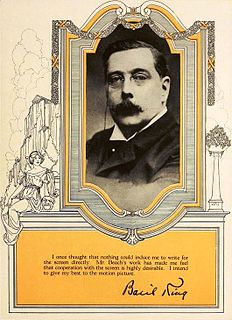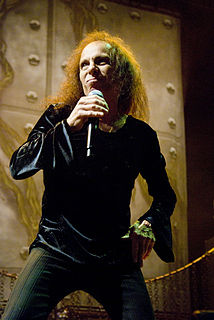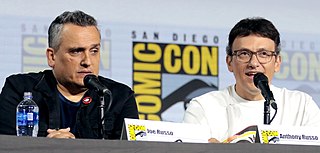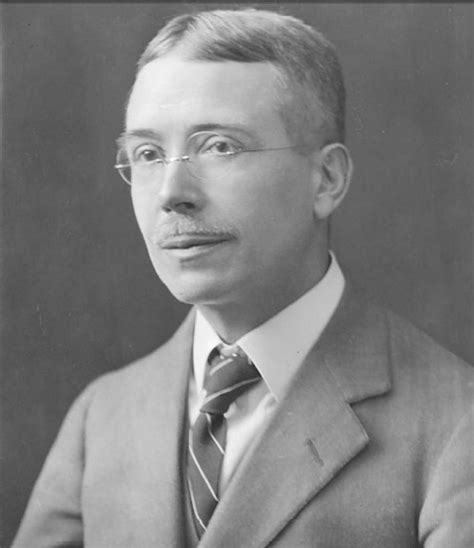A Quote by Saul Bellow
The modern reader (or viewer, or listener: let's include everybody) is perilously overloaded. His attention is, to use the latest lingo,'targeted' by powerful forces? Our consciousness is a staging area, a field of operations for all kinds of enterprises, which make free use of it.
Related Quotes
The authorization I propose would provide the flexibility to conduct ground combat operations in other more limited circumstances, such as rescue operations involving U.S. or coalition personnel or the use of special operations forces to take military action against ISIL leadership, it would also authorize the use of U.S. forces in situations where ground combat operations are not expected or intended, such as intelligence collection and sharing, missions to enable kinetic strikes or the provision of operational planning and other forms of advice and assistance to partner forces.
I wouldn't have thought that the techniques of story-telling, which is what the novel is after all, can vary much because there are two things involved.There's a story and there's a listener, whose attention you have to keep. Now the only way in which you can keep a reader's attention to a story is in his wanting to know what is going to happen next. This puts a fairly close restriction on the method you must use.
Man today is fascinated by the possibility of buying, more, better, and especially, new things. He is consumption hungry... To buy the latest gadget, the latest model of anything that is on the market, is the dream of everybody, in comparison to which the real pleasure in use is quite secondary. Modern man, if the dared to be articulate about his concept of heaven, would describe a vision which would look like the biggest department store in the world.
God is with us to be utilised. His Power, His Love, His Thought, His Presence, must be at our disposal, like other great forces, such as sunshine and wind and rain. We can use them or not, as we please. That we could use them to their full potentiality is, of course, not to be thought of; but we can use them in proportion to our ability.
The cross is a very powerful symbol and it symbolizes suffering, but it also is connected to a person who was loving and sharing and his message was about unconditional love. I tried to take a powerful image and use it to draw attention to a situation that needs attention. For me, we all need to be Jesus in our time. Jesus' message was to love your neighbor as yourself and these are people in need.
The individual man, in introspecting the fact of his own consciousness, also discovers the primordial natural fact of his freedom: his freedom to choose, his freedom to use or not use his reason about any given subject. In short, the natural fact of his "free will." He also discovers the natural fact of his mind's command over his body and its actions: that is, of his natural ownership over his self.
Our higher needs include making full use of our gifts, finding and fulfilling our calling, being loved and cherished just for ourselves, and being in relationships that honor all of these. Such needs are fulfilled in an atmosphere of the five A’s by which love is shown: attention, acceptance, appreciation, affection, and allowing.
In the field of consciousness research-and also in physics and astronomy-we are breaking past the cause-and-effect, mechanistic way of interpreting things. In the biological sciences, there is a vitalism coming in that goes much further toward positing a common universal consciousness of which our brain is simply an organ. Consciousness does not come from the brain. The brain is an organ of consciousness. It focuses consciousness and pulls it in and directs it through a time and space field. But the antecedent of that is the universal consciousness of which we are all just a part.
Modern man lives isolated in his artificial environment, not because the artificial is evil as such, but because of his lack of comprehension of the forces which make it work- of the principles which relate his gadgets to the forces of nature, to the universal order. It is not central heating which makes his existence 'unnatural,' but his refusal to take an interest in the principles behind it. By being entirely dependent on science, yet closing his mind to it, he leads the life of an urban barbarian.






































